|
Every year on 3 May the world marks Press Freedom Day. The purpose is to take stock of how the media are faring and what obstacles are being put in the way of journalists doing their jobs. The release of the World Press Freedom Index offers a useful benchmark to review developments and trends.
One area of particular focus in 2020 was digital media, which came in for particularly harsh treatment from governments. There were more than 150 full or partial shutdowns of the internet or social media like Facebook, Twitter and WhatsApp during the year across the world. South Asia accounted for almost three quarters of them. Africa was the next most affected region with 20 shutdowns affecting 12 countries. Jeffrey Conroy-Krutz argues
that increased shutdowns will generate higher economic costs, as well as greater public outrage.
There are few women at the helm of political leadership in Nigeria. There are only seven women senators out of 109 senators and 22 in the 360-member House of Representatives. While the number of women serving in elected and appointed political positions has been rising the world over, this is not the case for Nigerian women. Damilola Agbalajobi unpacks the main economic, social and cultural barriers for Nigerian women seeking a role in
leadership. When women are not participating in politics, it’s less likely that policies will benefit them.
|

Shutterstock
Jeffrey Conroy-Krutz, Michigan State University
Digital media shutdowns in Africa will lead to higher economic costs and greater public outrage.
|

Nigerian President Muhammadu Buhari in the Nigerian Senate in 2015. There are very few women representatives.
Sunday Aghaeze/AFP via Getty Images
Damilola Agbalajobi, Obafemi Awolowo University
The equitable participation of women in public life is essential to building and sustaining strong, vibrant democracies.
|
Health + Medicine
|
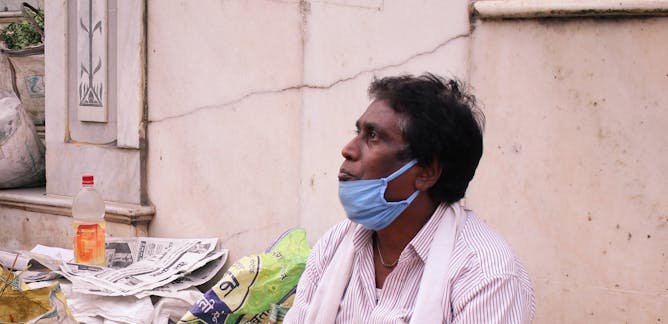
Uma S Kambhampati, University of Reading
COVID has now claimed over 200,000 lives on the subcontinent, and the knock-on effects are likely to be substantial.
| |
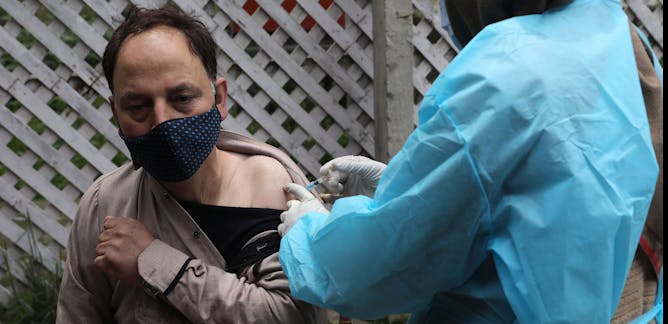
Andrew Pollard, University of Oxford
We cannot look back in the future and
know we could have done more.
|
|
|
Science + Technology
|
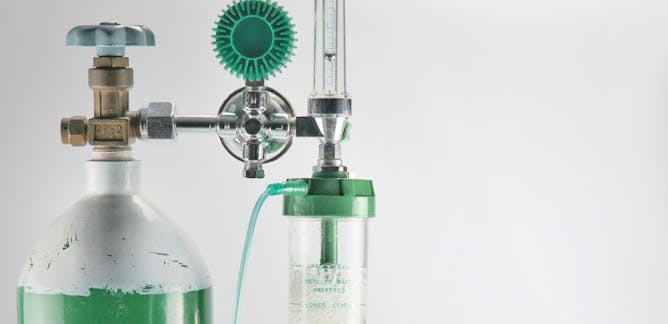
David Fairen-Jimenez, University of Cambridge
A microscopic sponge can be used to trap oxygen from the air.
| |

Wendy Whitman Cobb, US Air Force School of Advanced Air and Space Studies
The first space tourist left Earth 20 years ago aboard a Russian rocket. Now, private companies are on the cusp of offering trips off Earth for those who can pay.
|
|
|
Environment + Energy
|
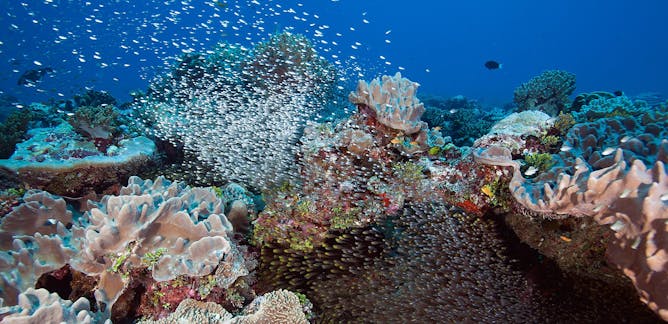
Sam Purkis, University of Miami
Scientists watched in real time as rising ocean heat transformed the sprawling reef. It was a harbinger for ecosystems everywhere as the planet warms.
| |
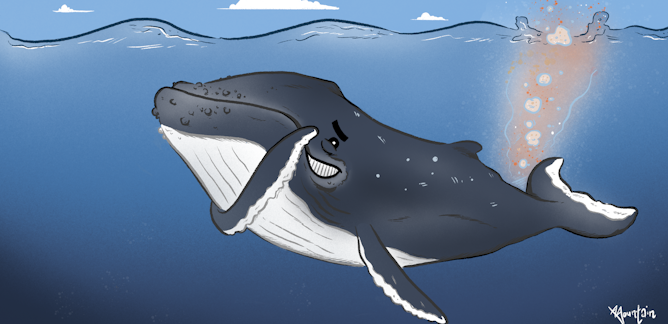
Vanessa Pirotta, Macquarie University
Human farts and sneezes can be big — so imagine the size if they came from the world's biggest animals?
|
|
|
En español
|

Teresa Alarcón, Universidad Autónoma de Madrid
¿Depende la gravedad de la covid-19 de la composición de la microbiota del tracto respiratorio? ¿Y de la flora intestinal? Esto dice la ciencia.
| |
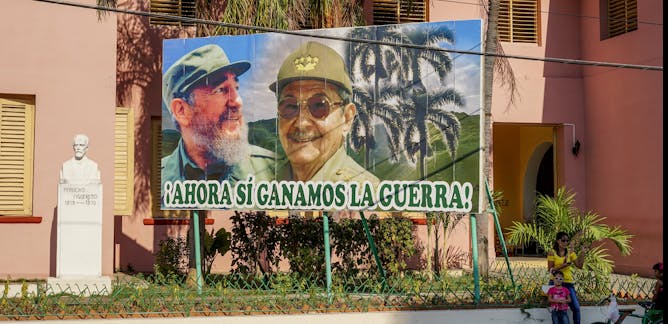
Jaume Claret, UOC - Universitat Oberta de Catalunya
La huella de seis décadas de castrismo es absoluta y condiciona la sociedad cubana de hoy, socializada, crecida y desarrollada dentro de las coordenadas oficiales.
|
|
|
En Français
|
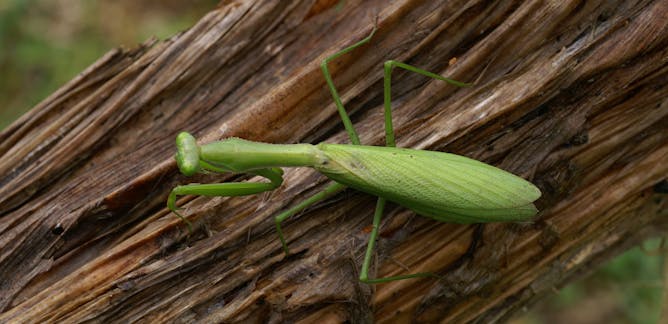
Nicolas Moulin, Muséum national d’histoire naturelle (MNHN)
Partez à la découverte d’incroyables insectes dans ce récit d’expédition dans les forêts gabonaises.
| |

Cécile Michel, Agence nationale de sécurité sanitaire de l’alimentation, de l’environnement et du travail (Anses)
Depuis 2015, le bisphénol A, perturbateur endocrinien avéré, est interdit dans les contenants alimentaires et dans les tickets de caisse. Mais ses remplaçants posent aussi problème.
|
|
|